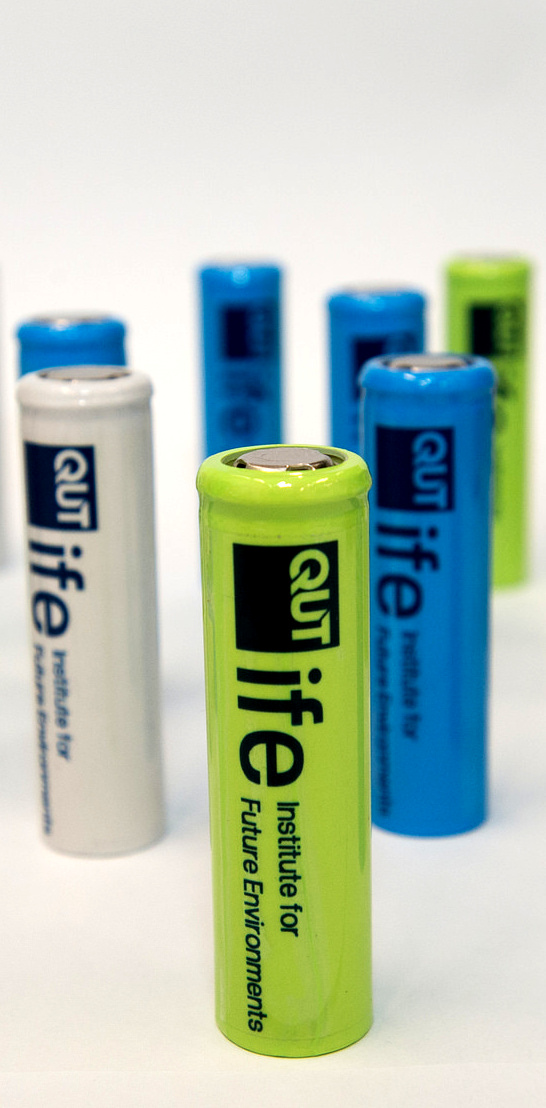QUT ready to churn out watts
 QUT researchers have produced Australia’s first lithium-ion battery.
QUT researchers have produced Australia’s first lithium-ion battery.
The university has established the country’s only facility capable of producing the batteries on a commercial scale, ready for use in all sorts of popular electronics, home power storage and even electric vehicles.
Professor Peter Talbot from QUT’s Institute for Future Environments says the centre hopes to improve the design of the common power cells.
“As part of this project we identified the best lithium-based powders to use to create a battery of the highest energy-efficiency standards possible,” he said.
“The powder is a combination of lithium and other compounds. We tested various compositions of chemicals until we were satisfied that we had achieved the best powder possible.
“Our process enables us to rapidly test and prototype rechargeable lithium-ion batteries of various shapes and sizes.”
He said the research could be used to kick start a commercial lithium-ion battery manufacturing industry in Australia, with the batteries being one of the most popular types of rechargeable batteries used in portable electronics from mobile phones, to power tools and drones.
“This process could be automated to enable Australia to have a competitive advantage in a manufacturing space that is currently dominated by China.
“As the middle class in the ASEAN region grows, so too will the demand for lithium-ion battery operated goods.
“As more and more vehicles in the future are manufactured to run on battery power, the development of longer-lasting batteries will be crucial to a vehicle’s overall efficiency and appeal to consumers.”
Lithium is mined in several countries including Australia and Professor Talbot said the facility could value-add to the mining industry as miners could have their materials validated at the plant.
Professor Talbot said the technology and processes developed at QUT as part of the project were suitable for use by any commercial battery manufacturing company.
He said the university could develop new batteries for specific commercial applications.
“We will be able to purpose build the most efficient batteries possible to power any number of devices and products including some of QUT’s key robots.”
Infrastructure built at QUT’s Banyo facility to enable the project includes Australia’s only electro-manufacturing room with zero humidity.
The Australia-first battery is the outcome of a three-year $4 million project, funded by the Auto Cooperative Research Centre and conducted in conjunction with the Malaysia Automotive Institute.
“This research wouldn’t have been possible without the financial backing of the Australian and Malaysian governments and highlights the importance of international research partnerships in the efforts to solve global problems,” Professor Talbot said.
<br><center> <iframe width="560" height="315" src="https://www.youtube.com/embed/DqVOokC8q58" frameborder="0" allowfullscreen></iframe>







 Print
Print